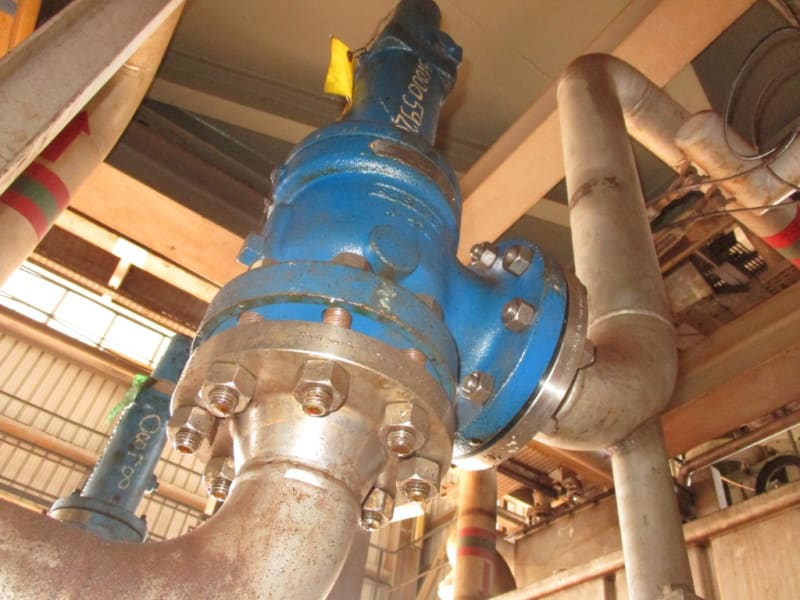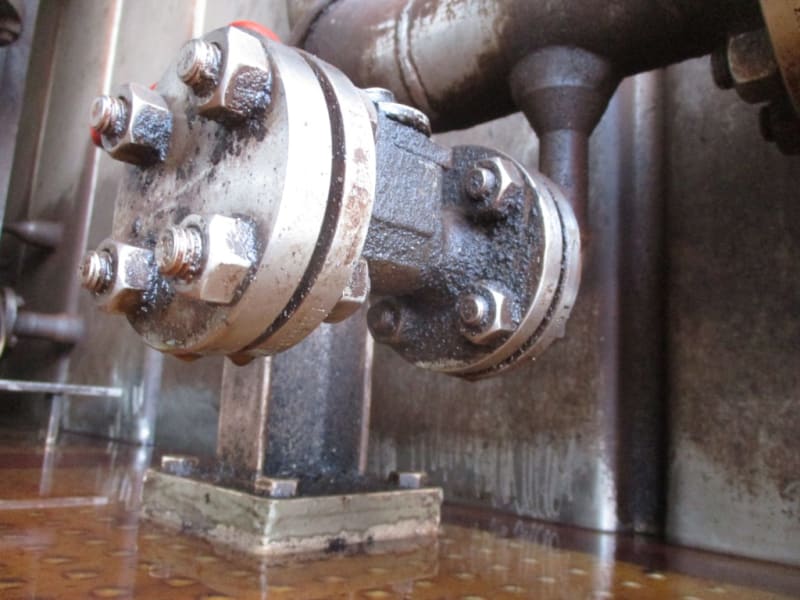Inspector89
Mechanical
- May 26, 2018
- 30
Hi guys,
Why do lube oil piping has seepages from flage connections. How to prevent these kind of seepages.
Thanks in advanve.
Why do lube oil piping has seepages from flage connections. How to prevent these kind of seepages.
Thanks in advanve.


